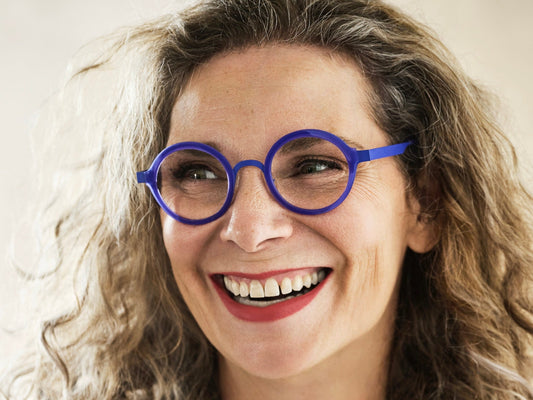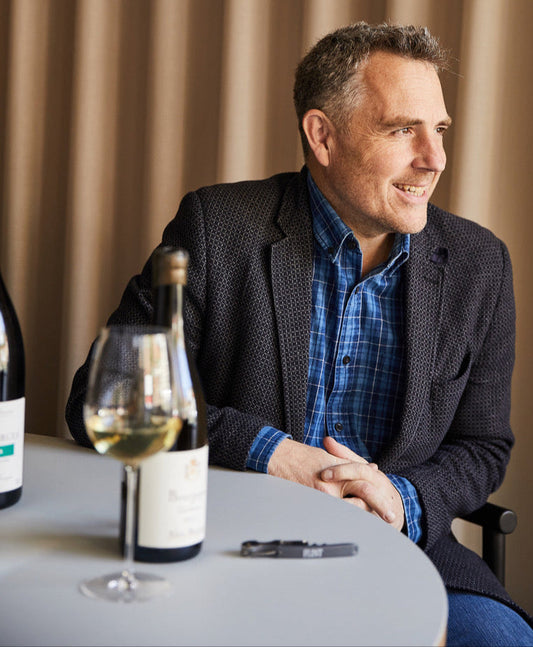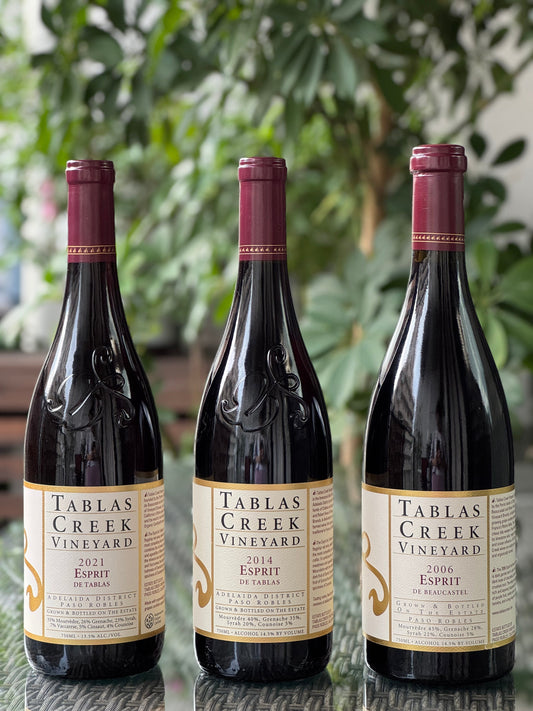A symposium in Spain gets to grips with what the wines of the Mediterranean basin have in common
The idea of ‘the Mediterranean’ is second nature to anyone involved in wine. It’s a term we use without thinking. A Mediterranean climate – shared by wine regions as diverse as California, South Africa and Chile – is considered ideal for vines, with that combination of cool, rainy winters and warm, dry summers guaranteeing ripeness of fruit and freshness of acidity.
So it’s odd, in a way, that there’s no official definition of a Mediterranean wine – a shortcoming that the first Mediterranean Wines Symposium last month tried to address.
It was hosted by Perelada, which has been headquartered in Empordà in northeastern Spain since 1923 and has expanded into Navarra and Rioja with the 2017 purchase of the Chivite group, and Ribera del Duero. Perelada produces around 16m bottles, including 4.5m in its Cava division.
The conference featured wineries from Morocco in the west to Lebanon in the east. Twenty wineries were represented at the tasting (see list below). There were five from Spain’s eastern seaboard (including Mallorca); two from the south of France, four from Italy and Sicily; Slovenia and Croatia; four from Greece including two from Santorini; Turkey and Cyprus.
Borja Suqué (pictured), fifth generation member of the family that owns Perelada, addressed about 200 journalists and wine professionals at the 14th-century Convent del Carme, which is part of the original winery. The purpose, he said in his introductory address to seek ‘greater recognition for the culture of Mediterranean wine around the world, to weave, unite and strengthen the bonds between these wineries.’
In his keynote address, Perelada’s director of oenology Delfi Sanahuja, identified the strands that unite Mediterranean wineries: they have much in common, even though they may thousands of kilometres apart.
There are similarities in soils, in climate, and in the attitude of the vast range of nationalities that inhabit the Mediterranean basin. When it comes to terroir, Sanahuja described experiments that had been carried out on the aromatic herbs that grow throughout the region. The same compounds are present in both plant and vine, he noted, demonstrating a common ‘Mediterranean’ characteristic.
Addressing the conference, David Allen MW, wine director of Wine Searcher, said the Mediterranean for him meant a state of mind rather than a set of concrete characteristics. He suggested the region has a greater focus on family-run wineries; Mediterranean wines tend to be less expensive, they are sold less on the secondary (auction) market; they tend to be wines for drinking, not for speculation.
Mediterranean countries also have a vast range of indigenous varieties, he noted: from the Assyrtiko of Greece to the Obedeh of Lebanon, with hundreds of varieties in between, ‘it’s that diversity that I get excited about.’
Another key characteristic of Mediterranean wines is their ancient heritage, Gaston Hochar, chief executive of Lebanon’s Chateau Musar said. Pliny the Elder classified the wines of Greece, Turkey, Jordan, Lebanon, Egypt, Syria and Cyprus in the first century CE; but 1000 years before that, the Phoenicans had established extensive trading routes throughout the Mediterranean basin. ‘When we talk about the Mediterranean we are talking about a sea connection, not a land connection,’ Hochar said.
Another talk, by two eminent climate scientists – Nathalie Ollat of France’s National Institute of Agricultural Research, and professor Maria Snoussi of Mohammed V University in Morocco – set out the dangers of climate change in the region.
One stark detail stood out among many: that the Mediterranean basin is warming 20 per cent faster than the global average. ‘We are heading toward catastrophe,’ Snoussi said. But, she added, the climate crisis was also an opportunity for wineries to revisit their vineyard strategies. ‘The diversity of the Mediterranean landscape can be mobilized to adapt.’
In the tasting area, producers were upbeat, and intrigued by the challenge of finding common ground. ‘What a fantastic idea – why has no one thought of it before?’ asked Nadia D’Annunzio of Sicily’s Planeta, while Konstantina Megalou of Artemis Karamolegos on the Greek island of Santorini said ‘There’s a logical connection but it’s not obvious. We all try to speak for our indigenous varieties for example.’
She also noted the similarities in climate over such a vast area. ‘I was talking to Borja [Suqué] at Perelada, which is a three-and-a-half-hour flight from us, and it was interesting to see how we had the same weather in 2024.’
At the next-door stand, winemaker Nicolas Raffy from Mas Amiel in Roussillon, some 2,700km to the west, summed up the common soul of the Mediterranean: ‘We have the same genes, and the same mother: the sea.’
Closing the Symposium, Javier Suqué, president of the Perelada group, announced that the second edition would be hosted by Andrea Lonardi MW of Tuscany’s Petra estate. ‘It’s been an honour for us, and we’re going to continue the project. We all have values in common and we are united in our differences. The Mediterranean is about all of us.’
Wineries represented




